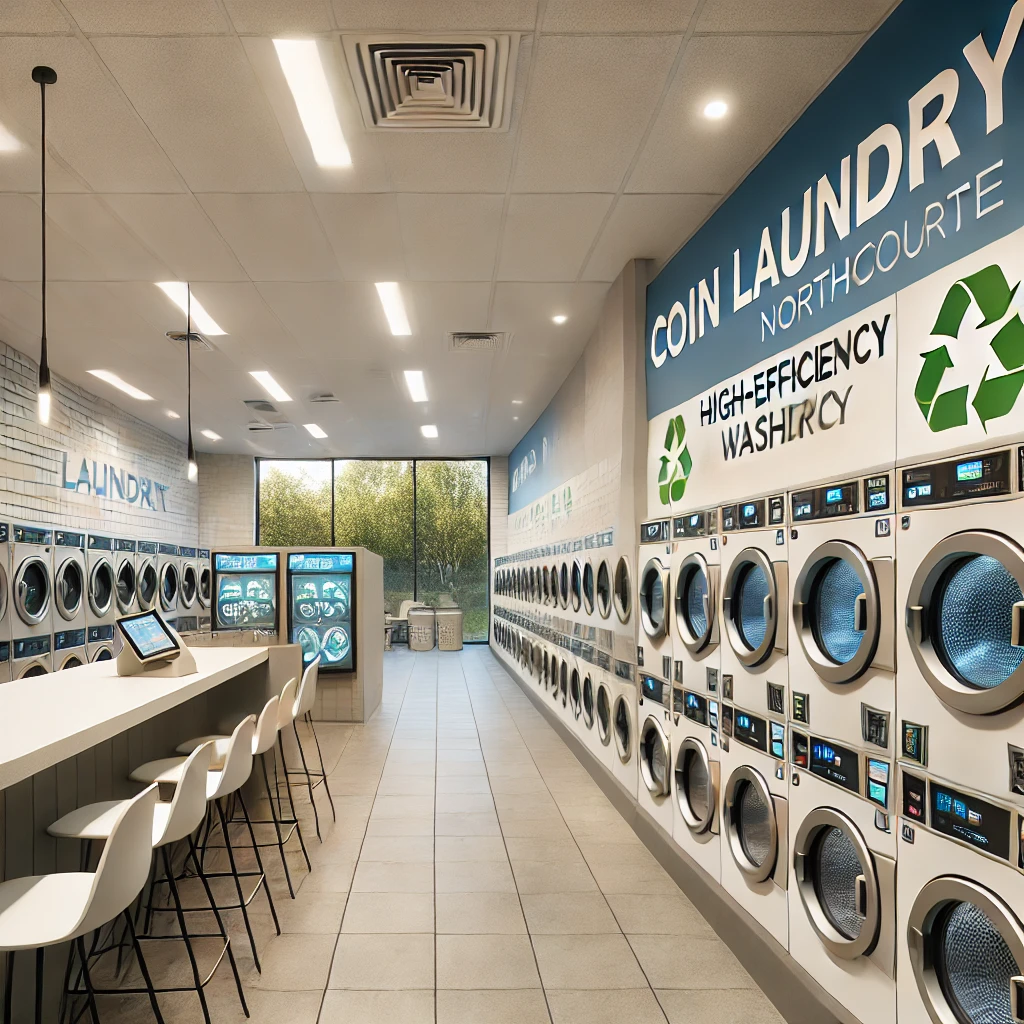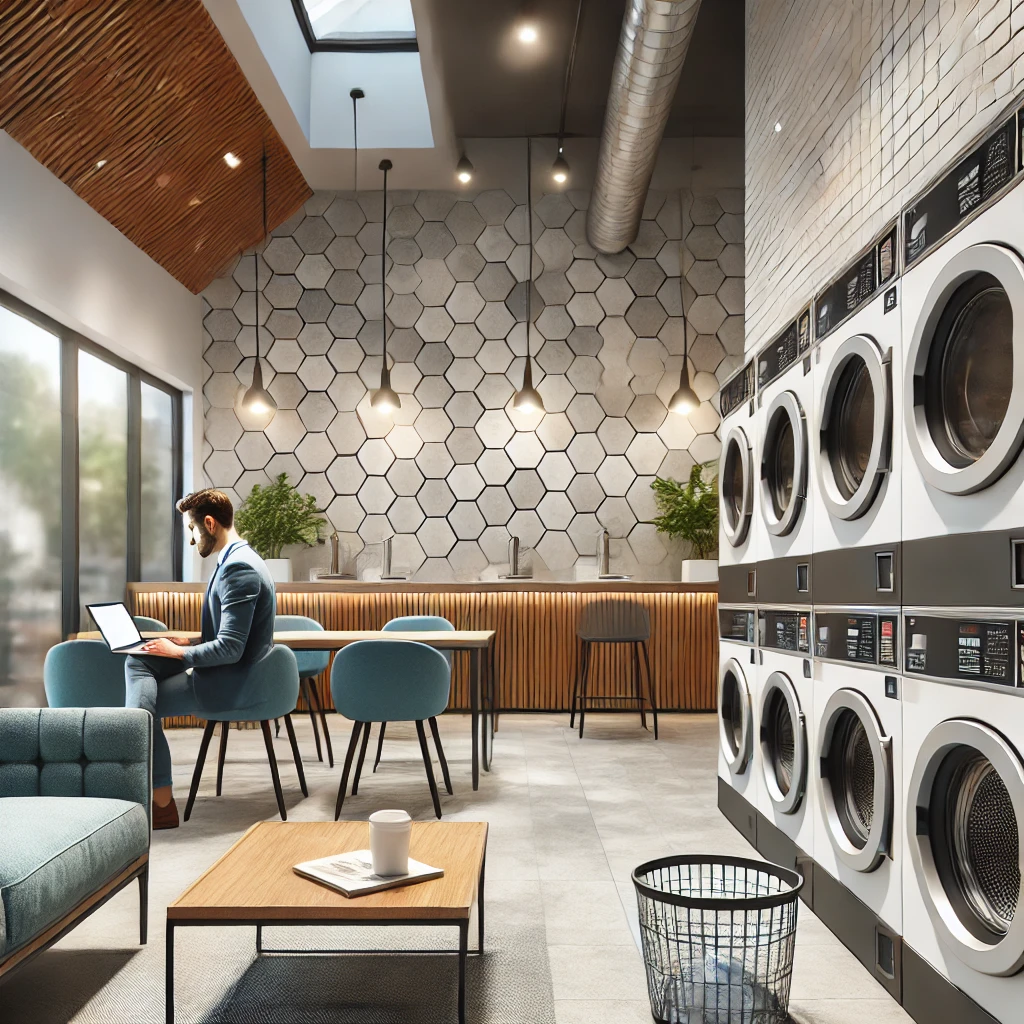What is social inclusion and participation?
Feeling part of something bigger—whether it’s a local group, a weekly activity, or just a shared laugh with a friend—is something every person deserves. For Australians living with disability, this sense of belonging can be harder to access without the right support. That’s where ndis social groups make a real difference. Through engaging, accessible programs,






